Revenge is a primal human emotion that has been portrayed in literature, movies, and television shows for centuries. In American history, there have been numerous acts of revenge that have left a lasting impact on society. From long-standing feuds to political assassinations, revenge has taken many forms throughout the country’s history. In this article, we will explore the 10 most famous acts of revenge in American history, ranging from the Hatfield-McCoy feud to the O.J. Simpson trial. These events not only shook the nation but also continue to be studied and analyzed to this day.
See also: 9 Most Famous Prison Escapes in American history
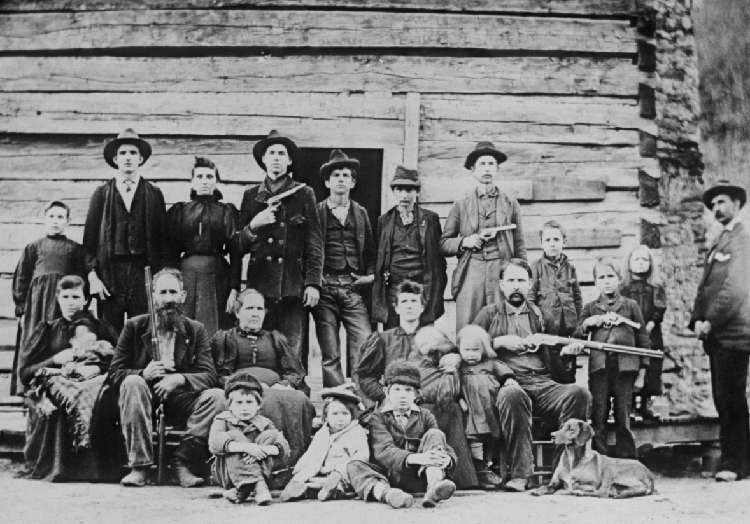
Hatfield-McCoy Feud (the late 1800s)
The Hatfield-McCoy Feud is one of the most notorious and long-standing family disputes in American history. Beginning in the late 1800s along the border of West Virginia and Kentucky, the feud was fueled by a combination of land disputes, personal vendettas, and the aftermath of the Civil War. The feud resulted in multiple acts of revenge, including brutal murders, ambushes, and arson attacks.
The intense and violent nature of the feud, which lasted for more than a decade, left a lasting impact on the communities involved and has been immortalized in popular culture through books, films, and TV shows. Today, the Hatfield-McCoy Feud remains a cautionary tale of the destructive power of revenge and the consequences of letting personal grievances escalate into deadly conflicts.
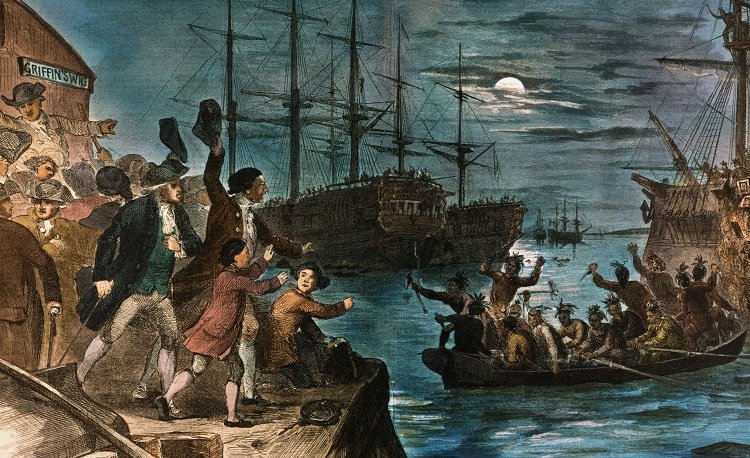
The Boston Tea Party (1773)
The Boston Tea Party is a pivotal event in American history that played a significant role in the lead-up to the American Revolution. In 1773, a group of American colonists, disguised as Native Americans, boarded British ships and dumped 342 chests of tea into Boston Harbor in protest of British taxation without representation. The event was a direct response to the British government’s attempt to enforce a tax on tea and other imported goods, without the consent of the colonists.
The Boston Tea Party galvanized the colonists’ resentment towards British rule and served as a catalyst for the American Revolution. The event also marked a turning point in the colonists’ willingness to use civil disobedience and direct action to protest against British policies. Today, the Boston Tea Party remains a symbol of American resistance to unjust authority, and a reminder of the country’s founding principles of democracy and self-governance.
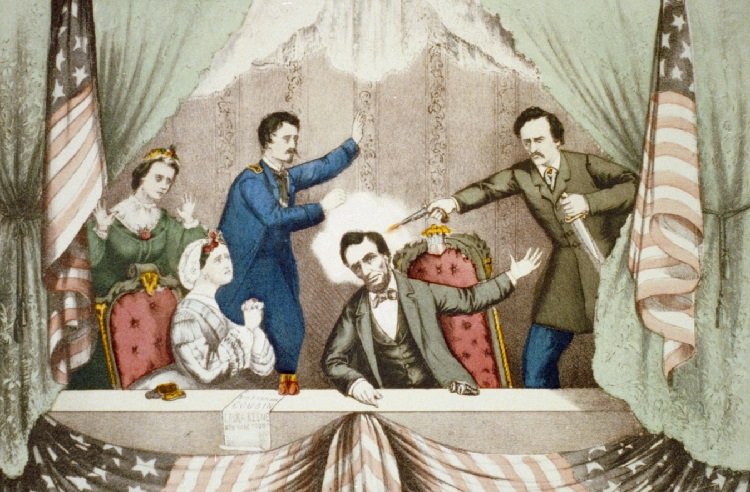
The Assassination of Abraham Lincoln (1865)
The assassination of President Abraham Lincoln is one of the most tragic events in American history. On April 14th, 1865, John Wilkes Booth, a Confederate sympathizer, shot and killed President Lincoln at Ford’s Theatre in Washington D.C. Booth’s motive for the assassination was to seek revenge for the South’s defeat in the Civil War and to try to revive the Confederacy. The assassination sent shockwaves throughout the country and plunged the nation into mourning.
The event also had a profound impact on American history, as it changed the course of Reconstruction and forever altered the political and social landscape of the country. Today, the assassination of President Lincoln is a powerful reminder of the dangers of political extremism and the fragility of democracy. It serves as a solemn tribute to the enduring legacy of a president who fought to preserve the union and advance the cause of freedom and justice for all.
You may also like: 14 Famous Death Penalties of US History

The St. Valentine’s Day Massacre (1929)
The St. Valentine’s Day Massacre is one of the most notorious and gruesome acts of organized crime in American history. On February 14th, 1929, a group of gunmen, dressed as police officers, entered a garage in Chicago and gunned down seven members of a rival gang, led by George “Bugs” Moran. The massacre was carried out by Al Capone’s men in retaliation for a failed assassination attempt on Capone’s life.
The event shocked the nation and brought national attention to the violent and brutal tactics employed by organized crime syndicates during the Prohibition era. The massacre also helped to catalyze public opinion in support of stronger law enforcement efforts against organized crime. Today, the St. Valentine’s Day Massacre remains a cautionary tale of the dangers of unchecked criminal activity and a reminder of the ongoing struggle to combat organized crime in American society.

The Oklahoma City Bombing (1995)
The Oklahoma City bombing of 1995 is one of the deadliest acts of domestic terrorism in American history. On April 19th, 1995, Timothy McVeigh detonated a truck bomb outside the Alfred P. Murrah Federal Building in Oklahoma City, killing 168 people, including 19 children. McVeigh’s motivation for the attack was revenge for the federal government’s handling of the Waco siege and the Ruby Ridge incident, which he viewed as examples of government overreach and tyranny.
The bombing shook the country to its core and led to a massive manhunt for McVeigh and his accomplice, Terry Nichols. The event also had a profound impact on American society, leading to increased security measures and greater awareness of the threat posed by domestic terrorism. Today, the Oklahoma City bombing remains a tragic reminder of the dangers of extremist ideologies and the need for continued vigilance in the fight against terrorism, both foreign and domestic.
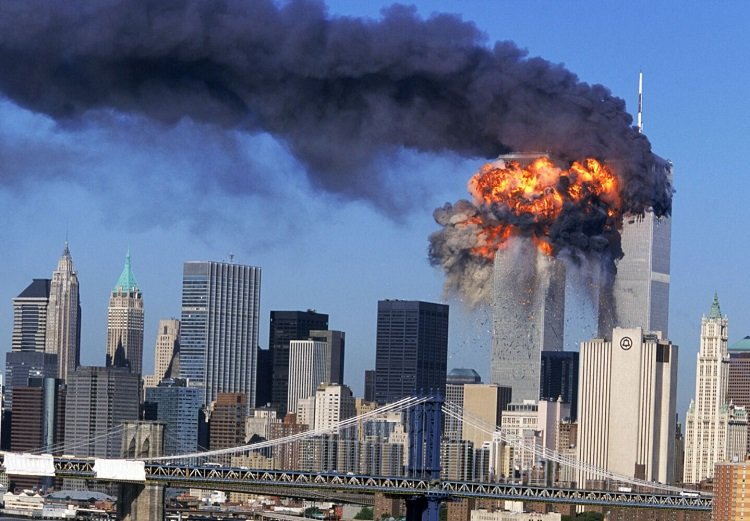
The 9/11 Terrorist Attacks (2001)
The 9/11 terrorist attacks of 2001 represent one of the most significant acts of terrorism in modern American history. On September 11th, 2001, 19 Al-Qaeda terrorists hijacked four commercial airliners and carried out coordinated suicide attacks against the United States. Two of the planes were flown into the Twin Towers of the World Trade Center in New York City, causing the buildings to collapse and killing nearly 3,000 people. A third plane was flown into the Pentagon in Virginia, while the fourth crashed in a field in Pennsylvania after passengers attempted to retake control from the hijackers.
The attack was an act of revenge against the United States for its involvement in Middle Eastern conflicts and its support of Israel. The 9/11 attacks sparked a global war on terrorism, led by the United States and its allies, and led to significant changes in national security policy and international relations. Today, the 9/11 attacks remain a powerful reminder of the need for continued vigilance and cooperation in the fight against terrorism and a tribute to the resilience and courage of the American people.
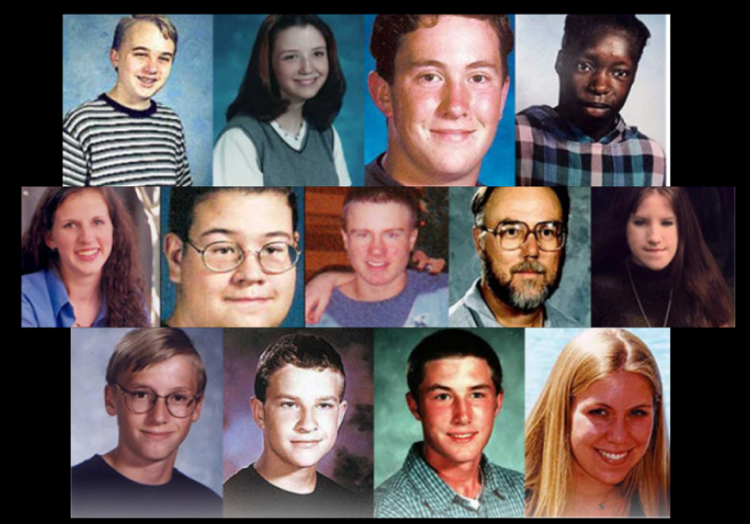
The Columbine High School Massacre (1999)
The Columbine High School massacre is a tragic and unforgettable event in American history. On April 20th, 1999, two high school students, Eric Harris, and Dylan Klebold, carried out a shooting spree at Columbine High School in Colorado, killing 13 people and injuring 21 others before taking their own lives. The attack was an act of revenge for perceived mistreatment by their peers and a desire for notoriety. The event shook the nation and sparked a nationwide conversation about gun violence, school safety, and mental health.
The massacre also served as a wake-up call for parents, educators, and law enforcement agencies to pay closer attention to warning signs of potential violence and to take proactive steps to prevent such tragedies from occurring in the future. Today, the Columbine High School massacre remains a powerful reminder of the devastating impact of gun violence and the importance of addressing the root causes of social alienation and mental illness in our communities.

The Lindbergh Baby Kidnapping (1932)
The Lindbergh baby kidnapping is one of the most famous crimes in American history. On March 1st, 1932, Charles Lindbergh Jr., the 20-month-old son of famed aviator Charles Lindbergh, was abducted from his family’s New Jersey home. The crime sparked a massive manhunt and captivated the nation’s attention for months. In 1934, a German immigrant named Bruno Hauptmann was arrested and charged with the kidnapping and murder of a child. Hauptmann was believed to have committed the crime in retaliation for Lindbergh’s wealth and fame.
He was ultimately convicted and sentenced to death, and the case remains a subject of intense debate and speculation to this day. The Lindbergh baby kidnapping served as a reminder of the dangers of celebrity and the vulnerability of even the most privileged members of society to violence and tragedy. The case also led to significant changes in the way that law enforcement agencies investigate and prosecute high-profile crimes, including the establishment of the Federal Bureau of Investigation’s “Ten Most Wanted Fugitives List”
See also: 15 Unpleasant Facts about American History’s Great People
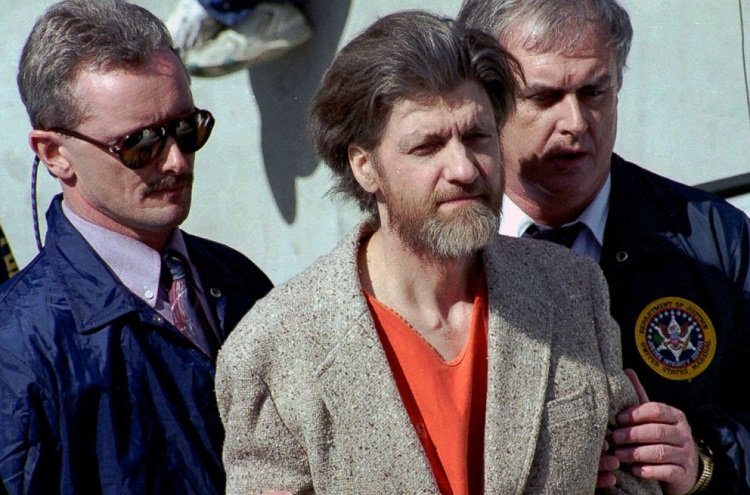
The Unabomber Attacks (1978-1995)
The Unabomber attacks, also known as the Unabomber case, were a string of bombings that occurred between 1978 and 1995. The perpetrator, later identified as Ted Kaczynski, sent mail bombs to various targets, including universities, airlines, and computer stores, killing three people and injuring many more. Kaczynski was motivated by a desire to seek revenge against what he saw as the destruction of nature and the harmful impact of technological advances on society. He was eventually arrested in 1996 and sentenced to life in prison without parole.
The Unabomber attacks represented a unique form of terrorism, as Kaczynski’s targets were chosen seemingly at random and his motives were based on philosophical beliefs rather than political or religious ideology. The case also highlighted the need for increased public awareness of the dangers of domestic terrorism and the importance of identifying and preventing radicalization in all forms. Today, the Unabomber attacks remain a chilling reminder of the destructive power of hatred and the need for continued vigilance and collaboration in the fight against terrorism.
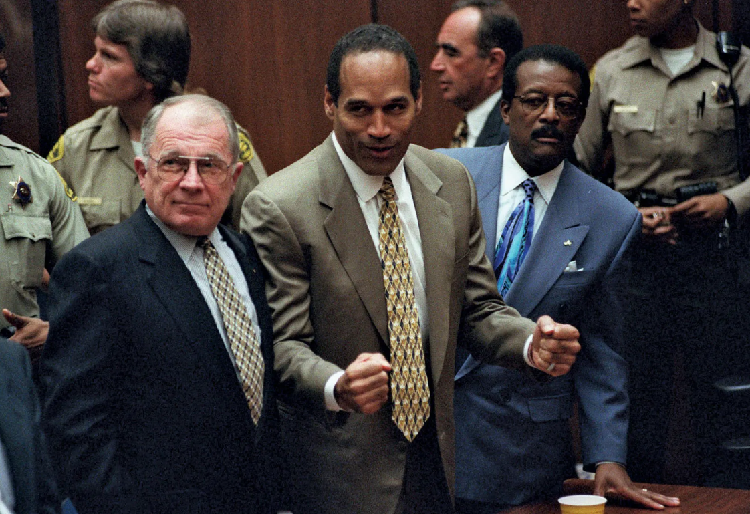
The O.J. Simpson Trial (1994-1995)
The O.J. Simpson trial was one of the most high-profile cases in American history. In 1994, Simpson, a former NFL player, and actor, was accused of murdering his ex-wife, Nicole Brown Simpson, and her friend, Ronald Goldman. The trial, which lasted from 1994 to 1995, captured the nation’s attention and sparked a debate over race, domestic violence, and the criminal justice system. Many believed that Simpson had committed the murders as an act of revenge for his ex-wife’s relationship with another man. Despite compelling evidence presented by the prosecution, including DNA evidence and Simpson’s history of domestic violence, he was ultimately acquitted of the charges.
The case remains controversial to this day, with many still debating whether Simpson was guilty of the crimes or whether his acquittal was the result of a flawed justice system. The O.J. Simpson trial was a pivotal moment in American history, shining a spotlight on issues of race, gender, and domestic violence and highlighting the need for ongoing efforts to improve the fairness and effectiveness of the criminal justice system.
Conclusion
In conclusion, the 10 vicious acts of revenge in American history showcase the lengths people will go to seek retribution for perceived wrongdoings. These events, while often tragic and senseless, have shaped the country’s history and continue to influence the way people think about justice, revenge, and the human psyche. As society continues to grapple with these complex issues, it is important to study and reflect on these past events to better understand how they have impacted our present and will shape our future.
